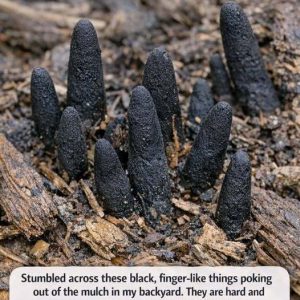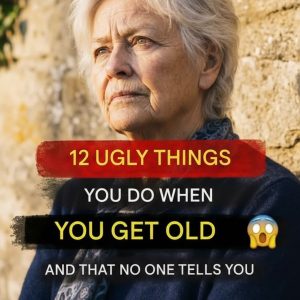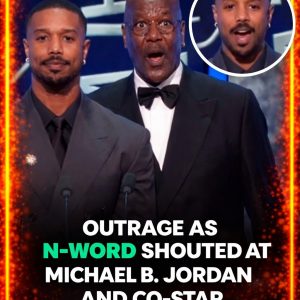The day Caleb’s world tilted was an ordinary Tuesday in April, the kind of weather that feels almost wrong—too warm for spring, too cold for comfort. That day marked the funeral of his best friend, Louis, and from the moment Caleb returned home, his usual whirlwind of noise was gone. There was no backpack thud, no shouted greetings, no headset flung across the couch. Instead, he quietly retreated to his room, closing the door with care as if any sound might shatter him further. When his parent finally cracked the door open hours later, they found him on the floor, back pressed against the wall, clutching Louis’s old baseball glove like a lifeline. Caleb and Louis had been inseparable: Halloween costumes as Mario and Luigi, sleepovers, Little League adventures, and epic Minecraft creations that seemed almost real. The apartment, once filled with Caleb’s laughter, now felt hollow—a bell whose note had vanished.
Therapy helped, but only in small increments. Caleb began to eat again, nightmares receded, yet grief did not move in a straight line; it staggered, revisiting him like a shadow on his chest. By June, over a simple dinner of green beans and bills, Caleb revealed a glimmer of purpose: he wanted a headstone for Louis. Not a simple plaque, but something beautiful, and he wanted a memorial night to honor his friend. Importantly, Caleb wanted to earn it himself. He planned to use his grandmother’s birthday money and whatever he could make running errands, mowing lawns, washing cars, or hosting a small car wash at the mailbox. While other kids chased ice cream trucks, Caleb took on responsibility with quiet determination, his hands stained and body tired, but his spirit fueled by love for a friend lost too soon.
Summer passed with Caleb grinding toward his goal, counting every dollar with meticulous pride. Then September brought catastrophe: a fire erupted in the laundry room, leaving the family shaken and barefoot on the lawn, watching their home burn. Among the ashes, the shoebox containing Caleb’s hard-earned savings melted, leaving him devastated. The promise to Louis seemed obliterated. The family relocated to the parent’s sister’s apartment, navigating insurance claims, school re-enrollment, and donated essentials, but Caleb remained silent, grief pressing heavily. Yet hope arrived in an unexpected form: an envelope appeared in the charred mailbox, bearing a message to meet at the old house near the market. Though wary, the parent and Caleb obeyed, sensing that something extraordinary awaited.
At the Market Hall lot, the abandoned space had been transformed. String lights draped like a low-hanging sky, white linens adorned tables, and balloons bobbed in the soft evening breeze. Friends, neighbors, teachers, and even Louis’s mother, Maria, had gathered. When Caleb entered, applause erupted, and Louis’s uncle revealed the reason: a polished granite headstone, paid for and etched with Louis’s name, complete with a tiny bat for his baseball spirit. Caleb, stunned and overcome, learned that his summer of labor and dedication had inspired this gift. Contributions from the community quickly exceeded $12,000, enough to cover the stone and establish a fund for Louis’s memory. Overwhelmed, Caleb and Maria envisioned creating a youth baseball scholarship so that other children could play regardless of financial means, turning grief into lasting generosity.
The memorial night brought the community together in celebration and remembrance. Candles lined the park paths, photo boards displayed gap-toothed smiles, and tales of laughter, mischief, and friendship filled the evening. The ceremony concluded at the cemetery, where the granite headstone gleamed under a bright moon. Caleb placed a hand on the stone and the other on Louis’s glove, bridging the past with the present, feeling the connection between what was lost and what could continue. His grief remained, but it had transformed into purpose—a conduit for love, memory, and community action.
In the weeks following, Caleb’s efforts bore tangible results. The Town Council recognized his vision and voted to match community donations, establishing the Louis Memorial Youth Baseball Fund to cover fees, equipment, and uniforms for kids in need. When Caleb learned of this, he gripped Louis’s glove and finally smiled, a real smile that reflected both pride and closure. Through this journey, he discovered that grief, though heavy and unrelenting, could be channeled into change, inspiring others and leaving a legacy far beyond one boy’s loss. Encouraged by an unmarked envelope urging him to “keep going,” Caleb embraced a future of service, knowing that the love and memory of his friend could ripple outward, touching countless lives.





